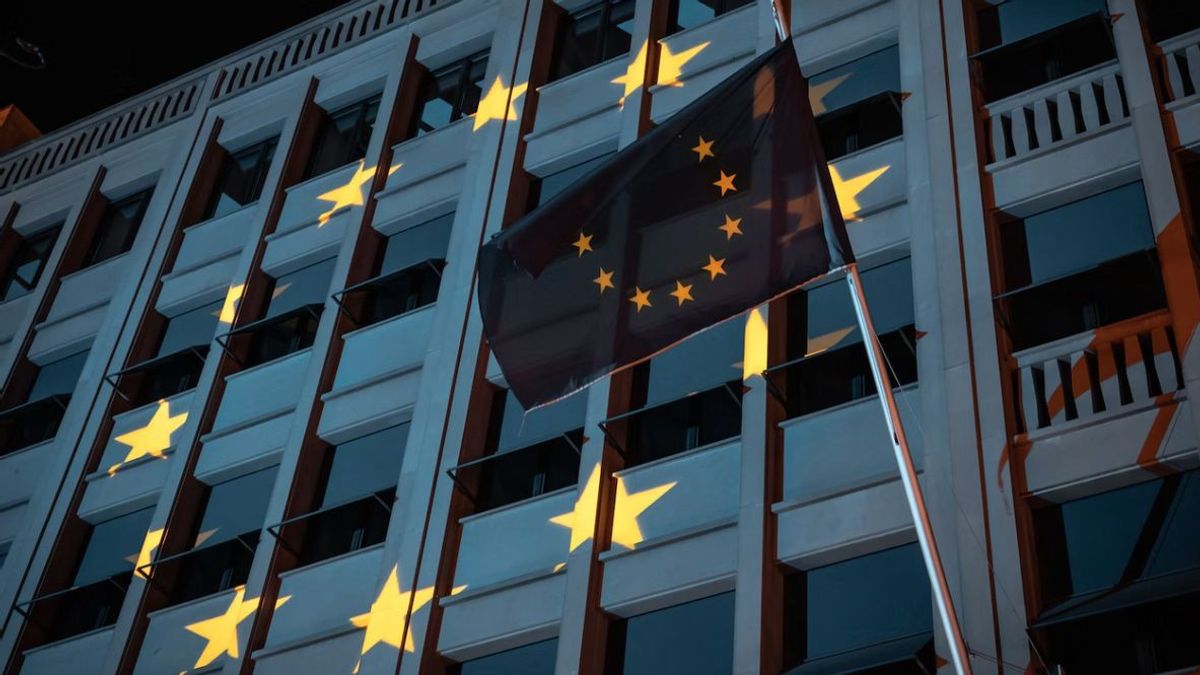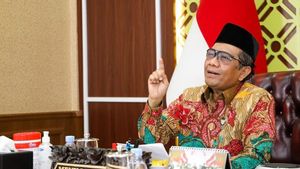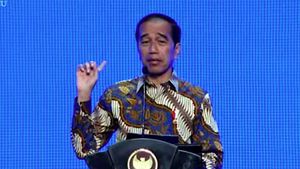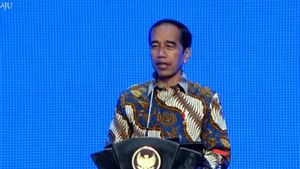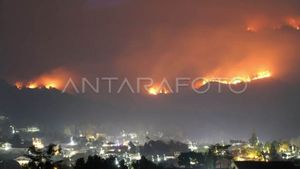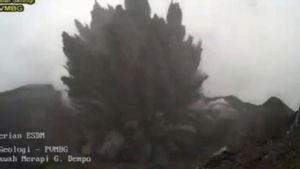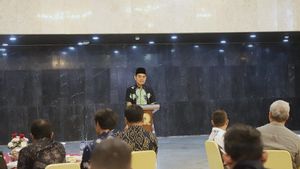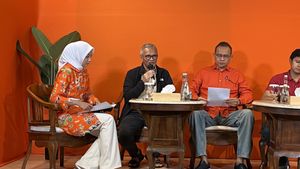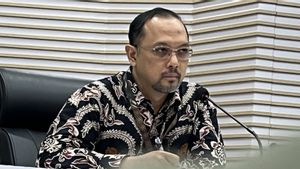JAKARTA - Lithuania, Estonia, and Latvia banned vehicles with Russian number plates from entering their respective countries, and the three Baltic countries said the move was in accordance with the updated European Commission guidelines.
"Currently, Russian citizens can only cross the border with valid travel documents, either by bus or on foot," said Lithuanian Deputy Foreign Minister Jovita Neliupsiene in a statement quoted by ANTARA from Anadolu, Wednesday, September 13.
However, vehicles heading to Kaliningrad, a Russian territory that has no land connections with Russia and is located on the Baltic Sea coast between Lithuania and Poland, will be excluded from the ban.
Meanwhile, Estonian Foreign Minister Margus Tsakkna said in a separate statement "the decision to ban vehicles with Russian license plates from entering Estonia is the right thing to do, and I am pleased that the Ministry of Home Affairs and the Ministry of Finance will implement it immediately."
Tsahkna explained that the European Commission's latest guidelines on vehicles with Russian license plates are in full accordance with the interests of Estonia's foreign policy, position and sanction policy.
"We cannot allow aggressor citizens to enjoy the benefits offered by freedom and democracy while Russia continues to carry out 'genocide' in Ukraine," he added.
SEE ALSO:
In connection with holding video conferencing meetings with neighboring countries, he said that the matter would be the first agenda.
Separately, Latvia has taken the same steps, banning entry of vehicles with Russian license plates, according to local media.
On Friday (8/9), the European Commission urged its member states to ban entry of vehicles with Russian license plates.
The ban is part of the sanctions imposed by the bloc on Russia.
The English, Chinese, Japanese, Arabic, and French versions are automatically generated by the AI. So there may still be inaccuracies in translating, please always see Indonesian as our main language. (system supported by DigitalSiber.id)
